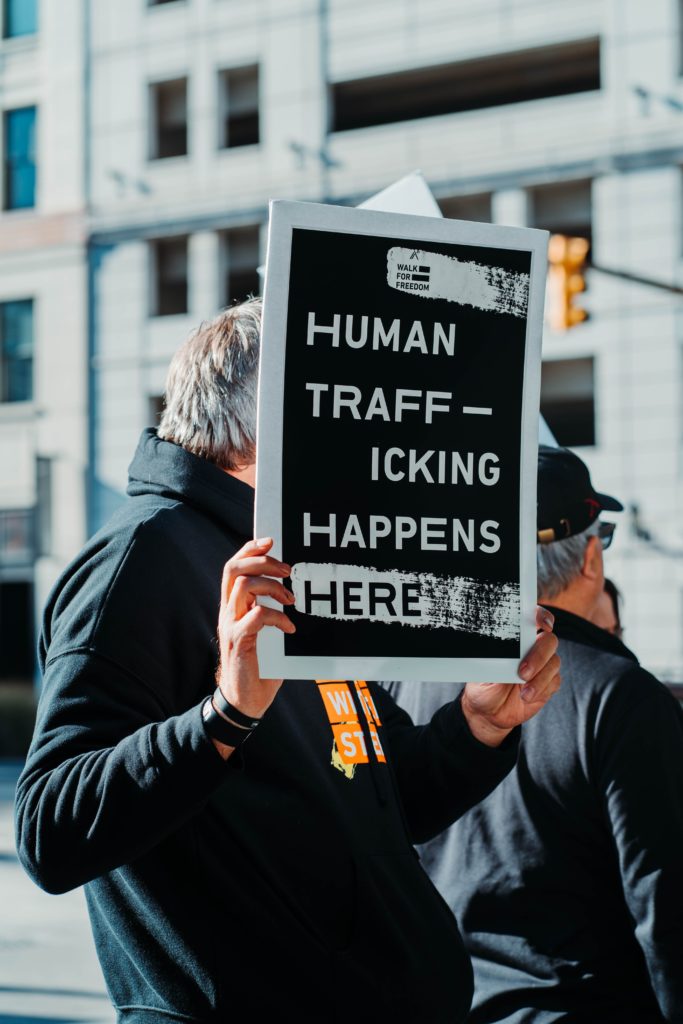Helping human trafficking survivors overcome the challenges they face after rescue
When was the last time you heard about the “bust” of a human trafficking ring? It probably wasn’t very long ago. Sometimes it’s close to home and sometimes it’s across the country, but these announcements always bring with them a sense of justice and relief. We feel righteous excitement for the triumph of good over evil, and for the freedom of the poor souls that were the victims of these deplorable crimes.
But what’s next? After the survivors are rescued, is society working together to restore them?
We are grateful for law enforcement, healthcare providers, policy makers, and the faithful saints providing social services who admirably serve victims and survivors. However, the need doesn’t stop there. The last mile of a survivor’s journey requires financial independence.
Without meaningful employment, survivors are at-risk of being re-trafficked.
Right now in Middle Tennessee, trafficking survivors are struggling and failing to find work. They have aspirations for a career, not just a dead end job. They are looking for jobs. They want to work. And they are not finding work. Yet at the same time, many Middle Tennessee employers are in desperate need of workers.
There are legitimate reasons why this connection isn’t naturally made.
You can help Viable build a bridge for trafficking survivors to meet existing labor needs.
Some of the challenges that survivors face when entering the workforce are more obvious than others. The abuse that they lived through causes lasting damage. More than feeling worthless, these individuals actually know the price they were sold for. Their victimization was worth mere dollars, paid to their abusers. Learning their own value after living through this trauma takes effort, compassion, and patience on the survivors’ part as well as from those who serve them.
In spite of the emotional and physical scars they carry, their desire to become independent is strong.
Imagine the freedom a survivor must feel upon earning her first paycheck, the result of honest and chosen work, which she can spend as she chooses and needs.
The process for a vulnerable individual to obtain meaningful employment is anything but simple. Here are just a few of the hurdles faced.
-
No home address to list on applications (many victims of human trafficking were initially vulnerable to abuse due to homelessness or unstable family situations)
-
No reliable transportation to job interviews and the workplace
-
No work experience
-
No business references
-
No identification (many victims are sold into trafficking before the age of 16)
-
No work appropriate attire or resources to obtain it
-
No knowledge of how to “look for work.”
-
No experience answering the question “what do you want to be?”



